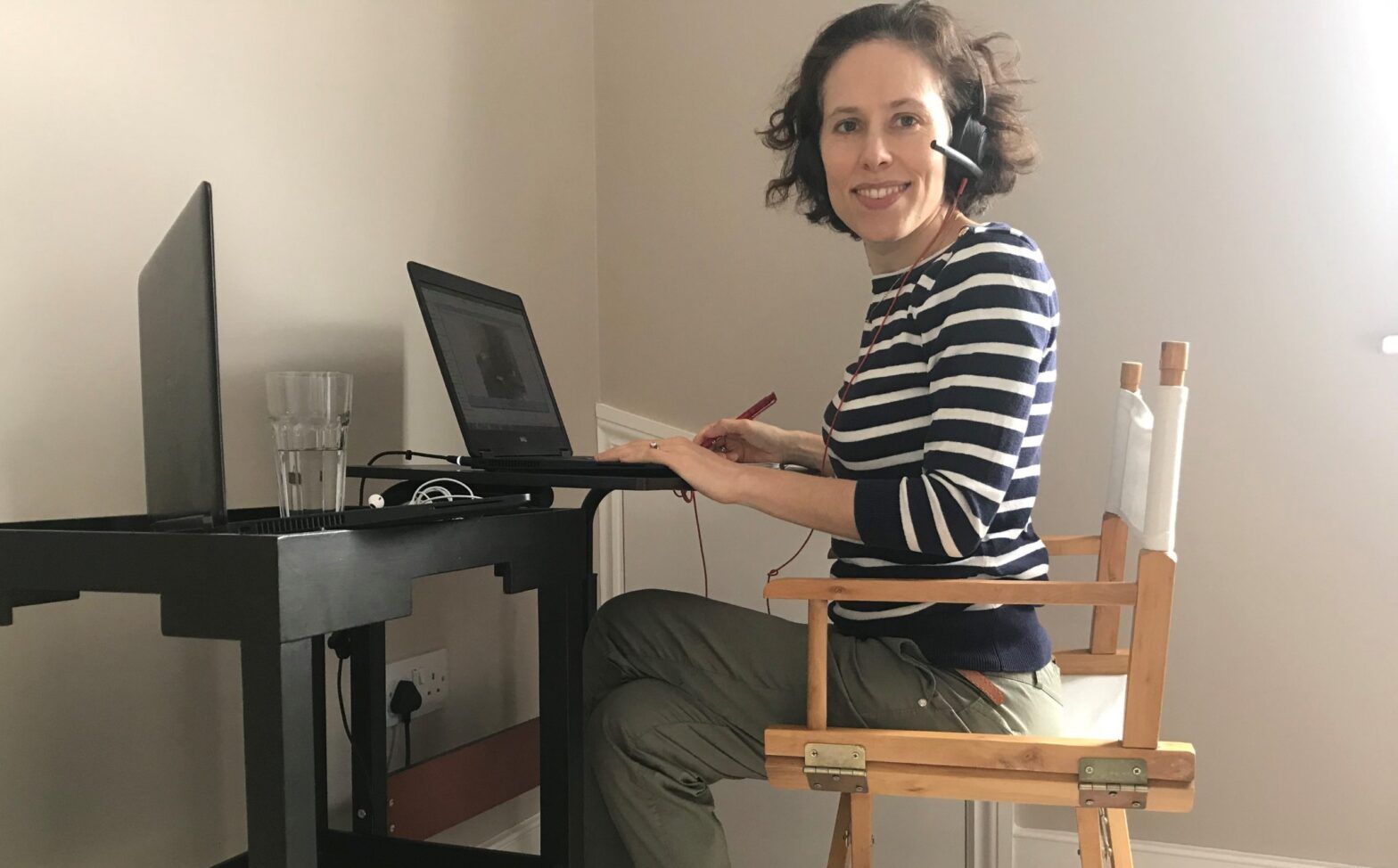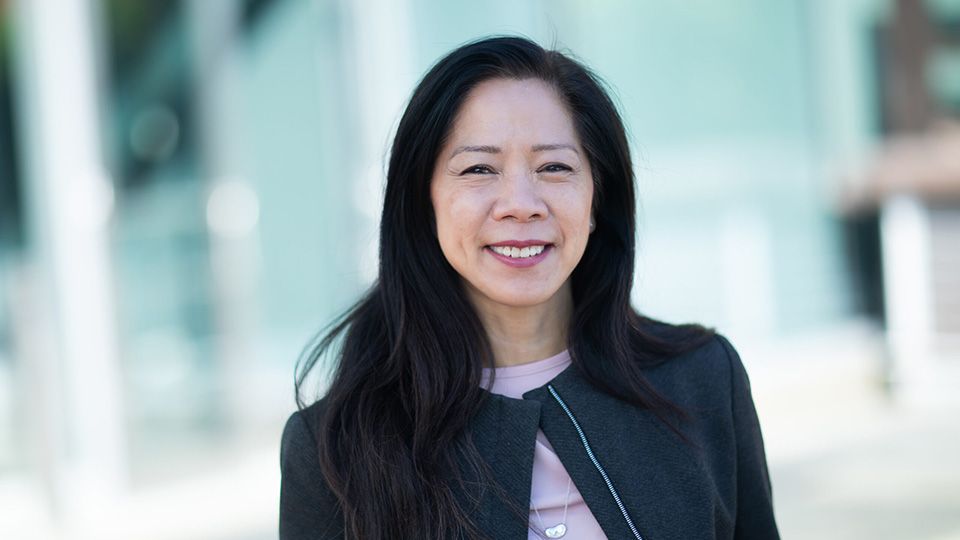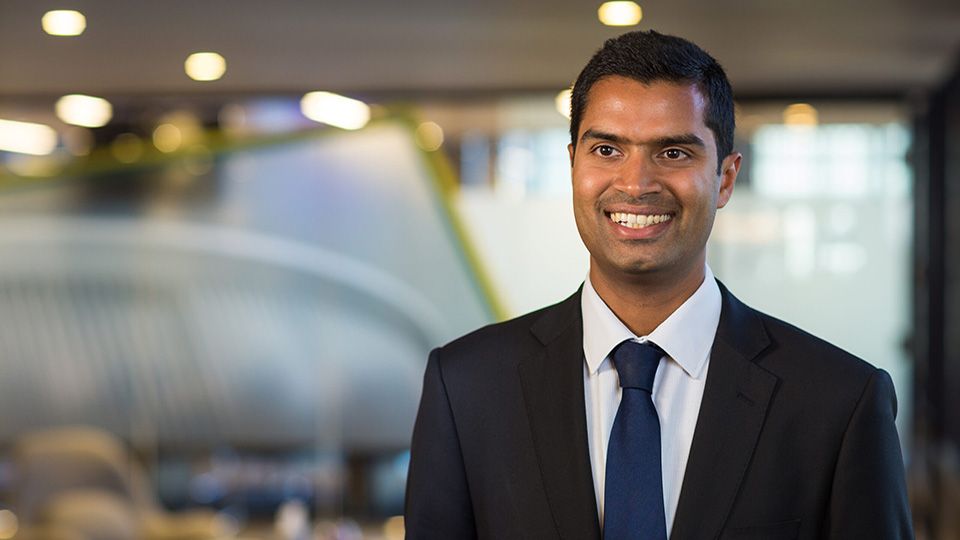In this regular series, female members of the ESG investment industry detail how they are dealing with the transition to remote working during the coronavirus fallout
Following on from our sister title Portfolio Adviser which has been running the Working from Home series with investment experts from the wider industry, we are running these articles twice a week with women in ESG. This week we speak to Morningstar’s director of passive strategies and ESG research Hortense Bioy.
How has the coronavirus affected your day-to-day work?
I am used to working from home because I normally work from home two days a week. The difference obviously now is that my children are at home and I get constantly interrupted. I also have to home-school them, which is not only time-consuming but also stressful.
What has surprised you most about markets during the Coronavirus sell-off?
I am certainly not surprised by how fast the markets reacted to the sudden worsening of the coronavirus situation. There has been a lot of panic selling and volatility, and that’s to be expected. This is what always happens in times of crisis and high uncertainty. I think like most people, what has surprised me the most is the speed at which the coronavirus situation has unfolded. From being an isolated issue in China, it has turned into a global crisis in a matter of days. Within a short period a time, people from all four corners of the world were asked to lock themselves at home.
From this point of view and because this scale of shutdown has never happened in recent memory, this aspect remains the biggest surprise for me and many others I am sure.
What feedback have you had from clients since the coronavirus sell-off?
Everyone feels the same. Our clients are as disorientated as we are. And their guesses in terms of how long this crisis is going to last is just as good as ours and our political leaders. At Morningstar, through every crisis -and this one is no different – we always encourage investors not to panic and to remain focused on the long term. Investors should focus more on the opportunities created by the sell-off. Knocked-down prices provide a great opportunity to rebalance a portfolio, for example. And those with spare cash can buy new assets at very attractive prices relative to their long-term fair value.
How do you think attitudes to ESG initiatives will be affected as we move through the crisis?
This is probably too early to tell. However, like everyone concerned about long-term systemic issues like climate change, I hope ESG will continue to be a force of change. There will be many lessons to be learnt from this crisis. There could be lots of positives. The speed at which governments reacted and mobilised people to stop the virus from spreading at the expense of the economy and people’s lifestyle shows that a lot can be done to fight climate change. By acting together, we can effect change. But this is only one of many more takeaways. One would imagine that businesses will see the crisis as an opportunity to reflect on what they can do better and more responsibly. This can include how they treat their staff, customers and suppliers, but also how they think about the future of work and mobility.
Share some good news you have heard recently about the holdings/sectors/themes you invest in?
I was pleased to see that ESG funds held up quite well during the sell-off. Previously, there were concerns about the performance of ESG funds in down markets but these appear to be unfounded. However, I won’t go as far as saying that the majority of these funds will outperform over the long term. It is too early to tell. But what we can say is that their recent outperformance can be explained by certain factors like quality, minimum volatility, and size.
Companies that score high on ESG tend to be large and well-run businesses with solid balance sheets and economic moats, and these are companies that tend to hold up better in market downturns. Being underweight in less ESG friendly industries like oil & gas and airlines, which have been severely battered in the past few weeks, would have also played a role in cushioning the fall in some cases.
What do you do for fun when you take a break from working at home?
Thank you for reminding me that I need to take breaks! When I am not working, I am home-schooling my three children. Not sure that counts as fun.
What is your favourite sustainable snack/hot drink when working from home?
Dark chocolate is what keeps me going. Lindt says that it sources its cocoa responsibly.
How is home schooling being managed in your household?
I do most of the home-schooling because it’s in French and my husband, who is English, can’t help. My kids think they are on holiday! So getting them to do school stuff is a real challenge.
Do you have a ‘top green tip’ to share on working remotely?
Take the current lockdown as an opportunity to sleep more. Does that count as green? That should certainly help with stress and anxiety.
To view the previous articles from the Working from Home with … series see below:
Deadlines, schoolwork and team drinks: Working from home with ESG Clarity’s Natalie Kenway









